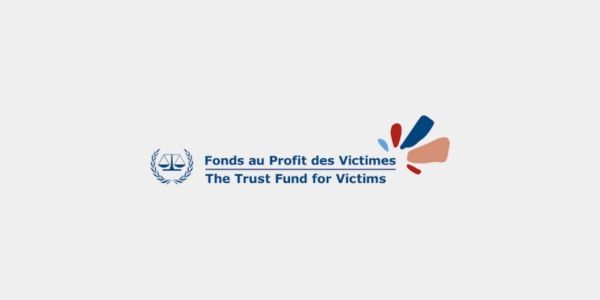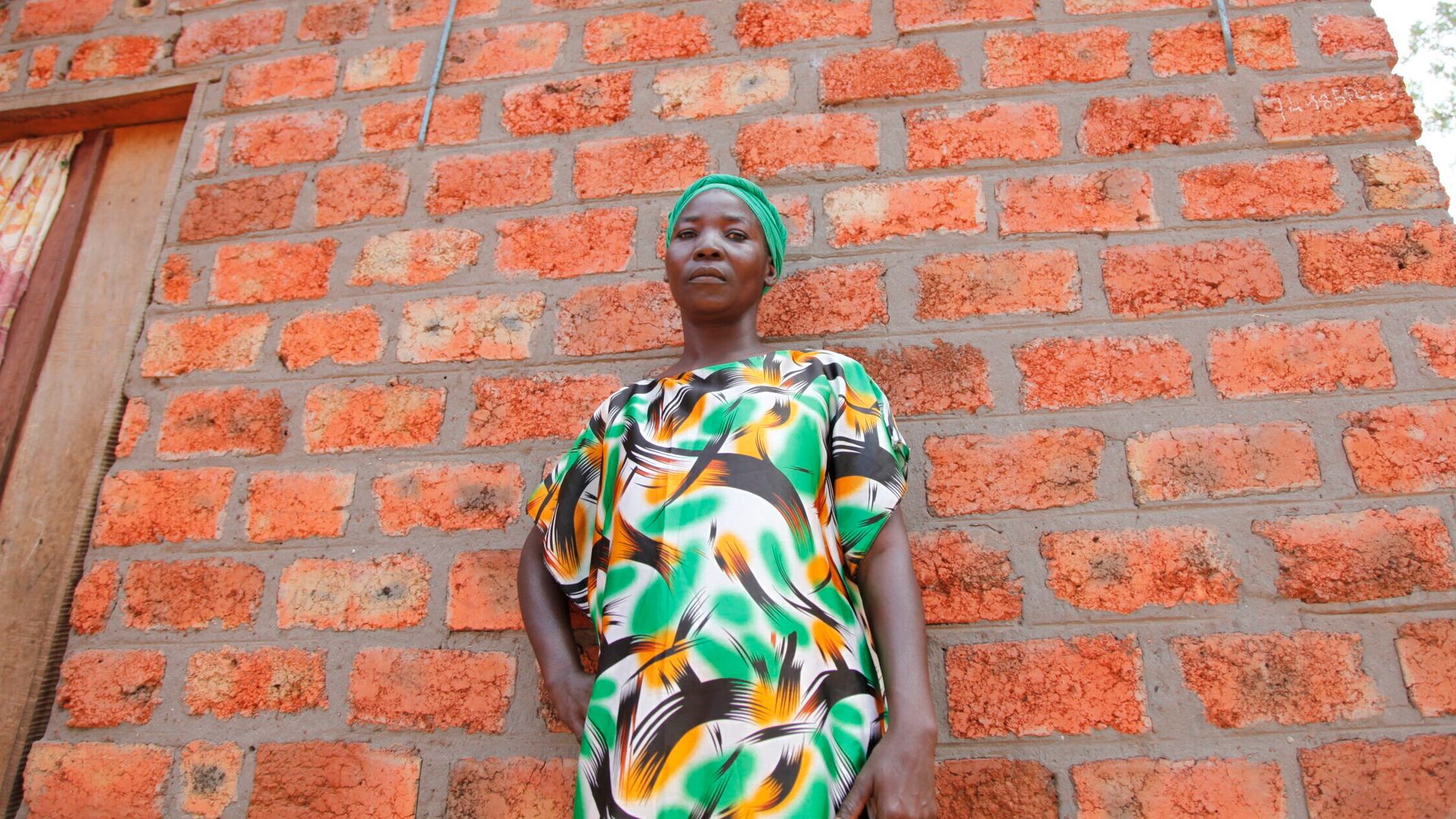Under a mango-tree is a small roadside shop, where Juliette sits. As red dust settles from passing motorbikes a story is told – it is Juliette’s story. And it is a story that is all too common in the Central African Republic (CAR) – a story of civil war and the hardship that follows.
It is a story that Clarisse, Eliane and Didier also recognize. These women – all though completely unknown to each other – are woven together by the collective memories of the brutality of war. But this is not a story of civil war and its disregard for human rights – instead it is an account of the power and pride that persists in the people of CAR.

“My name is Juliette. I am a farmer during the rainy season and a vendor during the dry season. I became vulnerable following the 2003 violence”
Since the turn of the 21st century the civilian population in CAR has had to endure an almost constant state of conflict. Some begin their stories with the first civil war in that started in 2003; others tell of the anarchical state the country was in between 2012–2013. Most – unfortunately – speak of both.
A brief history of recent conflict in CAR
In 2003 General François Bozizé seized power through a coup d’etat, overthrowing the incumbent Ange-Felix Patassé, who fired Bozize as chief of the army in 2001. The ensuing violence known as the “Central African Bush War”, swept throughout the countryside, causing widespread terror.
This shift in power sparked years of instability and weak governance, laying the groundwork for a full-scale collapse in 2012, when a loose alliance of anti-Bozize rebels known as Séléka overthrew the incumbent president. In response to this militias called anti-Balaka emerged and through political manipulation the conflict’s central cleavage became religion, unleashing horrific intercommunal violence. In this power vacuum atrocities were committed, with civilians bearing the brunt.
Although a fragile peace eventually emerged – fresh violence erupted in late 2020 amid contested elections and renewed efforts by armed groups to derail the democratic process. Once again, civilians paid the price – displaced, trapped, and stripped of fundamental rights.
Now, for the first time in decades, the past two years have brought a measure of stability. A stability which is welcomed – and with it, new opportunity.

“Some people just need someone to believe in them. Ask them if they want to return to school or start a business – like you asked me – and give them that chance. It can change everything.” – Clarisse
Connected through a common history Clarisse, Didier, Eliane and Juliette are also united by wanting change. Many voice the same narrative, where overcoming their traumas lead them to being role models for other people. And this ripples throughout communities – their leadership inspires, and other victims are able to confront their past. Especially since many are ashamed of the abuse they experienced – or have experienced rejection from their community – making the leadership of former survivors ever more important.

“To others who have lived through similar violence: use me as an example. If I was able to move forward, so can you.” Eliane
There is a belief in a better future, optimism is slowly starting to spread. And with an understandable scepticism and uneasiness; historically stability in CAR has been a rare commodity. As one person said:
I dream of peace, stability, and security, which would allow true development. (…) To those who have suffered atrocities as I have: life does not stop there. Turn the page and move forward.– Didier
Whether it is Clarisse story of becoming a teacher or Eliane story of elevating herself to a self-dependant life, it is important to understand the very bedrock of their stories: willpower, determination and a belief in a better future. Nearly every voice ends on a forward-looking note – a house being built, a diploma soon to come, a business expansion plan, a dream of peace. These are stories of people in forward motion.
Progress may be driven by peace – but it’s built by people. Strong individuals like Didier, Juliette, Eliane and Clarisse whose names may never appear in headlines but whose stories matter – and these stories are important to tell. Especially when they come from a part of the world, that few people associate with hope.

CAR finds itself in a forgotten crisis.
The second least developed nation on earth is hardly known – but the hope for change persists.
Because in a country like CAR – where help is scarce – people persist and believe in a better life for themselves and their communities. This also means that a project for 200,000 USD has a much larger impact than it has any right to, since few persons in the country have ever been listened to. As one the staff on the project – Gilbert – puts it:
What surprised me the most in this process was the survivors’ capacity for inner transformation. (…). Simply being listened to, having their suffering acknowledged, and receiving personalized support was often enough to reignite hope that had seemed extinguished.Gilbert
And that is the essence. No matter the country, agents of change stand proud and tall – and with a forecast of relative stability, the country yearns for change, as do its people. A change that communities already are enforcing. What they need is for the world to notice them.
On a final note Gilbert shared his most meaningful memory from the project. It captures why placing humanity at the heart of a project isn’t just good practice — it’s what makes lasting change possible:
A striking memory is the testimony of a survivor who had remained silent for a long time due to stigma and trauma. During a group workshop organized as part of psychosocial support, she found the strength to publicly share her story for the first time. This moment was not only liberating for her, but deeply moving for all participants, who realized they were not alone in their suffering.Gilbert
That day, I understood that, far beyond material aid, listening, recognizing someone’s pain, and valuing human dignity can have an immeasurable impact. It gives profound meaning to our work and reminds us that every step toward resilience begins with an act of humanity.

So far the project has secured help for 1,450 people.
Amounting to only 500 dollars per person over five years.
A special thanks to the donor!
We would also like to extend a large thank you to International Criminal Court, who made this project possible by providing funding thorugh their Trust Fund for Victims. The Fund’s mission is to support and implement programmes that address harms resulting from genocide, crimes of humanity, war crimes and aggression. You can read more about the fund here.

Here you can read the full 10 stories of the survivors – one of which has been made into an article. Please note that the names used are not the women’s real names.

